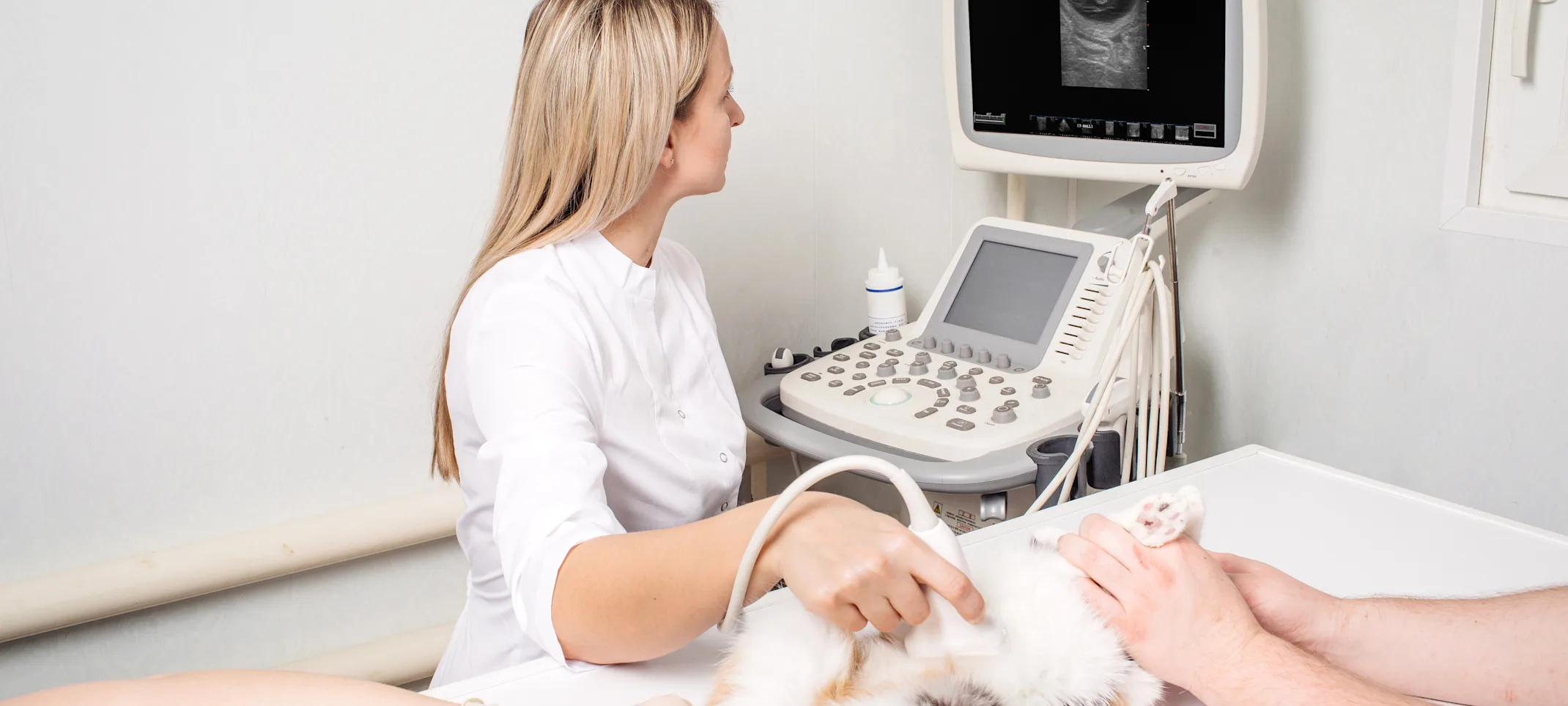Animal Medical Care Center Yorktown
Ultrasound
An ultrasound is a highly useful tool when evaluating heart conditions, internal organs, cysts and tumors, and diagnosing pregnancy.

Overview
An ultrasound is a non-invasive, state-of-the-art imaging technology that uses sound waves to painlessly examine specific internal organs.
Why would my pet need an ultrasound?
A veterinary ultrasound is a highly useful tool when evaluating heart conditions. It can detect alterations in abdominal organs and assist in the recognition of any cysts and tumors that may be present. Many times, x-rays will be utilized in combination with an ultrasound as they reveal the size, dimension, and position of the organ. With the ability for real-time monitoring, ultrasounds are also utilized for pregnancy diagnosis and development monitoring.
When would my pet get an ultrasound test?
An ultrasound is a highly useful tool when evaluating your pet's internal organs. An ultrasound is usually recommended when our doctors find abnormalities on blood-work or x-rays, or to monitor a disease process. At the Animal Medical Center, Yorktown we also have the ability to have a mobile boarded internal medicine and cardiologist that can some to us. This gives our clients an opportunity to get advanced diagnostics without the long commute for their pet's needs.
How does ultrasound testing work?
Ultrasound equipment directs a narrow beam of high frequency sound waves into the area of interest. The sound waves either transmit through, reflect, or absorb in the tissues that they encounter. Any ultrasound waves that are reflected will return as echoes and convert into an image that is displayed on the monitor, giving a 2-dimensional image of the tissues under examination. With the ability to obtain real time information, outcomes can often be determined immediately.
The exam is completely painless. Light sedation may used to help the patient lie comfortably while the scan is being performed. Your pet may need to be shaved in the area of interest, as veterinary ultrasound images are of better quality if they have complete contact with the skin.
